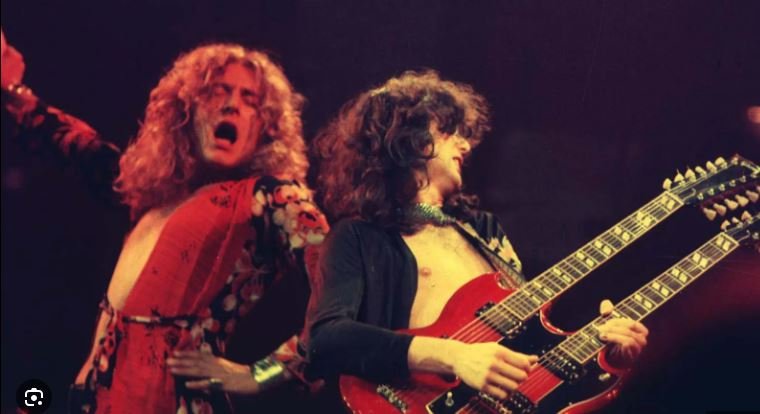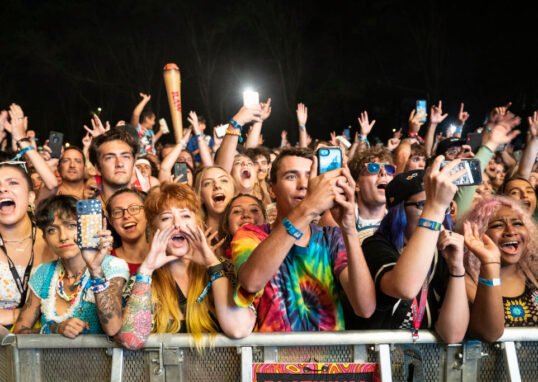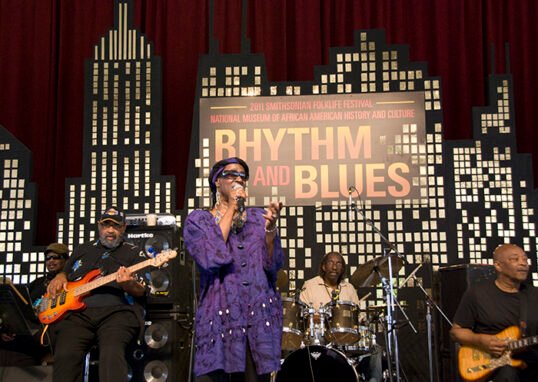
Rock music has significantly influenced popular culture since its inception in the mid-20th century. Its impact extends beyond music, affecting fashion, language, attitudes, and even politics. This post explores how rock music has shaped popular culture, highlighting its role in defining generational identities and its enduring legacy.

Defining Generational Identities
Rock music has played a pivotal role in defining the identities of various generations. The 1950s and 1960s saw rock and roll becoming the soundtrack of the Baby Boomer generation. Artists like Elvis Presley and The Beatles symbolized the rebellious spirit and cultural shifts of the era. Their music not only entertained but also provided a means for young people to express their desire for change and individuality.
Shaping Fashion Trends
Rock music has profoundly influenced fashion trends. The rock and roll era of the 1950s introduced styles like leather jackets and slicked-back hair, which became symbols of youthful rebellion. In the 1960s and 1970s, the psychedelic and glam rock movements brought vibrant colors, bold patterns, and androgynous looks to the forefront. Icons like David Bowie and Jimi Hendrix set trends that transcended music, influencing mainstream fashion. Punk rock in the late 1970s introduced ripped jeans, leather, and DIY fashion, which continue to inspire contemporary styles.
Impacting Language and Slang
Rock music has also influenced language and slang. Lyrics from iconic songs often introduce new phrases or popularize existing ones. For example, the phrase “rock and roll” itself became synonymous with a carefree, rebellious lifestyle. Terms like “groovy,” “cool,” and “funky” found their way into everyday language, largely thanks to their use in rock songs. This linguistic influence reflects how deeply rock music resonates with its audience, shaping not only how people dress but also how they speak.
Influencing Attitudes and Values
The themes explored in rock music have impacted societal attitudes and values. Rock songs often address topics such as love, freedom, rebellion, and social justice. In the 1960s, rock music became a voice for the civil rights movement and anti-war protests. Artists like Bob Dylan and Joan Baez used their music to advocate for change, influencing public opinion and inspiring activism. This tradition continues with modern rock musicians addressing contemporary issues, showing rock’s enduring role in shaping societal values.
Driving Technological Innovation
Rock music has driven technological innovation in both music production and consumption. The development of electric guitars, amplifiers, and effects pedals revolutionized the sound of rock music. The use of multi-track recording and studio effects, pioneered by bands like The Beatles, set new standards for music production. Additionally, the rise of music videos in the 1980s, propelled by MTV, transformed how audiences consumed music, making visual presentation as important as the music itself.
Shaping Film and Television
Rock music’s influence extends into film and television. Many movies and TV shows use rock soundtracks to set the tone and enhance storytelling. Films like “Easy Rider” and “Almost Famous” highlight the cultural significance of rock music. Documentaries and biopics about rock legends, such as “Bohemian Rhapsody” and “The Doors,” celebrate the lives and impact of rock musicians. TV shows like “Glee” and “Stranger Things” often feature rock music, introducing classic rock songs to new generations.
Fostering Global Connections
Rock music has fostered global connections, transcending cultural and linguistic barriers. Rock bands have achieved international fame, with their music resonating with audiences worldwide. Festivals like Woodstock and Live Aid brought together diverse groups of people, creating a sense of global community. Rock’s universal appeal has made it a powerful tool for cultural exchange and understanding, influencing music scenes in countries around the world.
Conclusion
The influence of rock music on popular culture is vast and enduring. From shaping generational identities and fashion trends to influencing language, attitudes, and technology, rock music has left an indelible mark on society. Its ability to connect people across the globe and address important social issues underscores its significance in popular culture. As rock music continues to evolve, its impact on popular culture remains profound, reflecting its role as a dynamic and influential art form.






